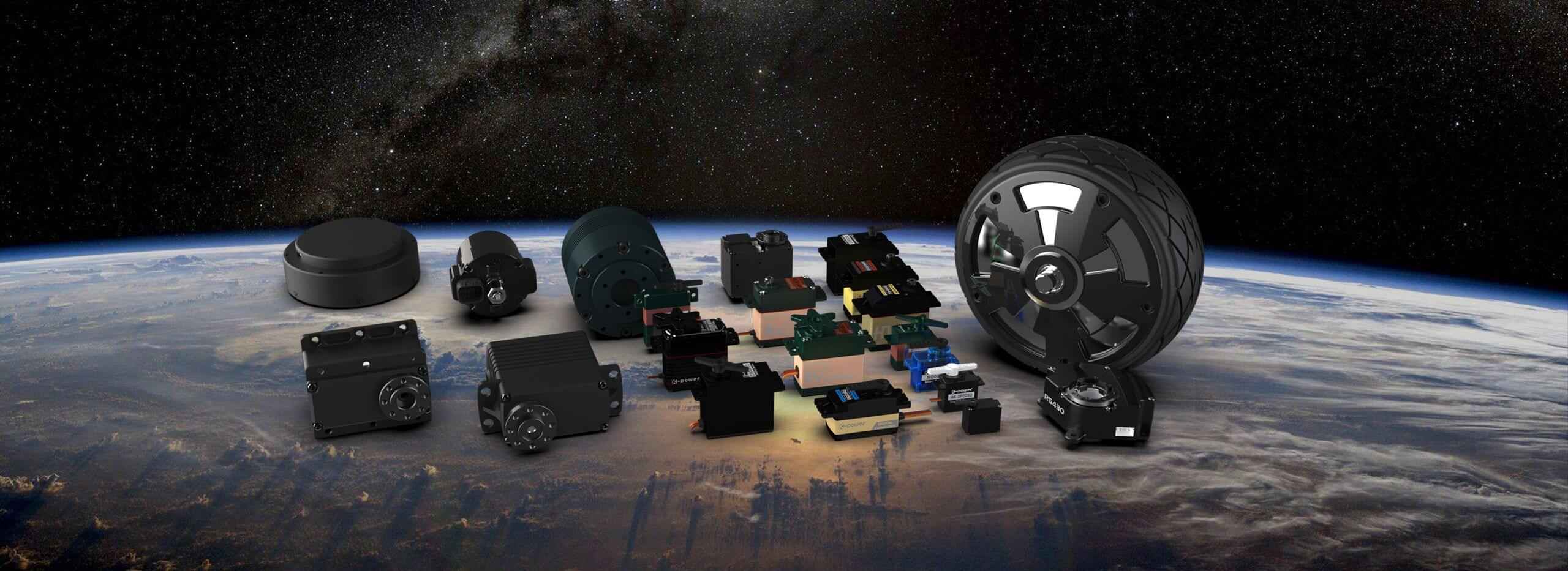A servomotor might sound like a simple piece of machinery, but when you dig deeper, it becomes clear that this device plays a vital role in countless applications. Whether you're working with robotics, automation, or any system that requires precise control of motion, the servomotor is often the unsung hero.

But what exactly does a servomotor do, and why is it so important?
Imagine you're building a robot, and you need it to move a specific part in a very precise way. Maybe the robot needs to turn a wheel or lift an arm. You could try to do this manually, but there's a catch: the movements would be inconsistent, and there’s no way to guarantee precision. Enter the servomotor.
A servomotor is a small yet powerful machine that can control the rotation of a mechanical device with high precision. It works by receiving a signal that tells it how far to turn, how fast, and in which direction. This precision is what makes servomotors so valuable in various applications. For example, in CNC machines, a servomotor will help ensure that every cut is as accurate as the blueprint demands.
Let’s break it down a bit. A servomotor typically consists of a motor, a feedback device (like an encoder), and a control circuit. This feedback loop constantly monitors the position of the motor, ensuring that it is performing exactly as required. Without this precise control, you might experience issues like overshooting or underperforming, which could derail an entire project.
A common misconception is that all motors are created equal. Sure, motors can turn things, but only servomotors can do it with precision, feedback, and repeatability. This makes them ideal for situations where accuracy is a non-negotiable factor.
Take a look at the automotive industry, for instance. Modern cars are packed with servomotors: they control everything from seat adjustments to mirrors, to automatic windows. The precision required for these functions means that only servomotors can guarantee smooth and reliable operation.
Of course, it’s not just cars that benefit from servomotors. In the world of automation, industries rely heavily on servomotors to drive the systems that handle assembly lines, packaging, and material handling. These machines need to move quickly, efficiently, and with pinpoint accuracy, making servomotors the go-to solution.
But why choose KPOWER’s servomotors? When you opt for KPOWER, you’re not just getting a product; you’re getting the reliability and support of a brand that stands behind every motor. With years of experience and a commitment to quality, KPOWER ensures that each servomotor performs at its best, whether it’s for heavy-duty industrial use or smaller, more delicate operations.
The performance of a servomotor is influenced by many factors, including the motor’s size, the voltage, and the power supply. KPOWER’s servomotors are designed to meet a wide range of specifications, ensuring they can handle whatever task is thrown at them. Whether you're handling simple tasks or complex operations, their versatility makes them a great investment.
In conclusion, the servomotor might be small in size, but its impact is anything but. It’s the key to achieving precision and reliability in countless applications. When you choose KPOWER, you’re ensuring that your systems operate smoothly, efficiently, and with the kind of performance you can count on, time and time again.
Established in 2005, Kpower has been dedicated to a professional compact motion unit manufacturer, headquartered in Dongguan, Guangdong Province, China. Leveraging innovations in modular drive technology, Kpower integrates high-performance motors, precision reducers, and multi-protocol control systems to provide efficient and customized smart drive system solutions. Kpower has delivered professional drive system solutions to over 500 enterprise clients globally with products covering various fields such as Smart Home Systems, Automatic Electronics, Robotics, Precision Agriculture, Drones, and Industrial Automation.




































